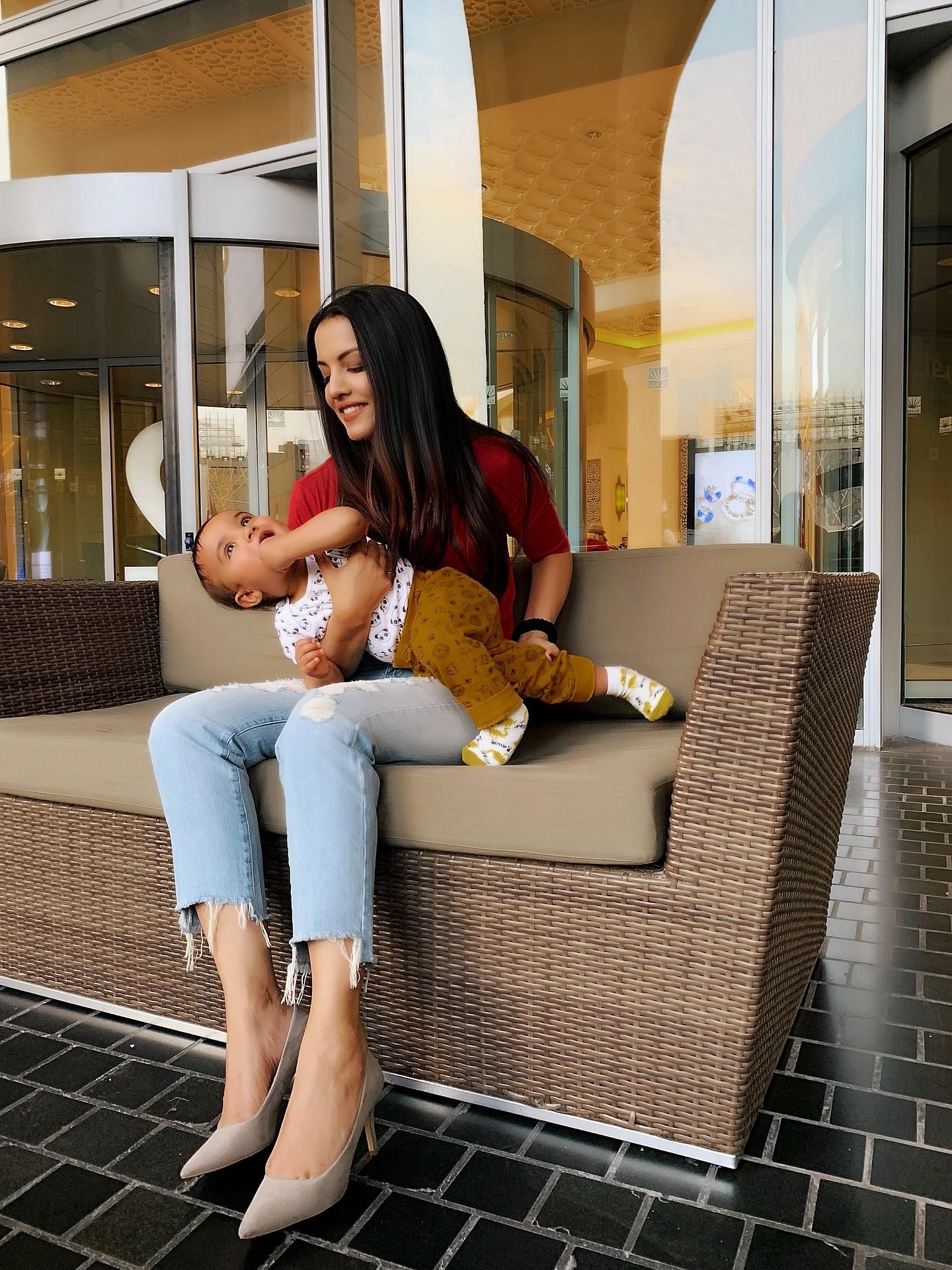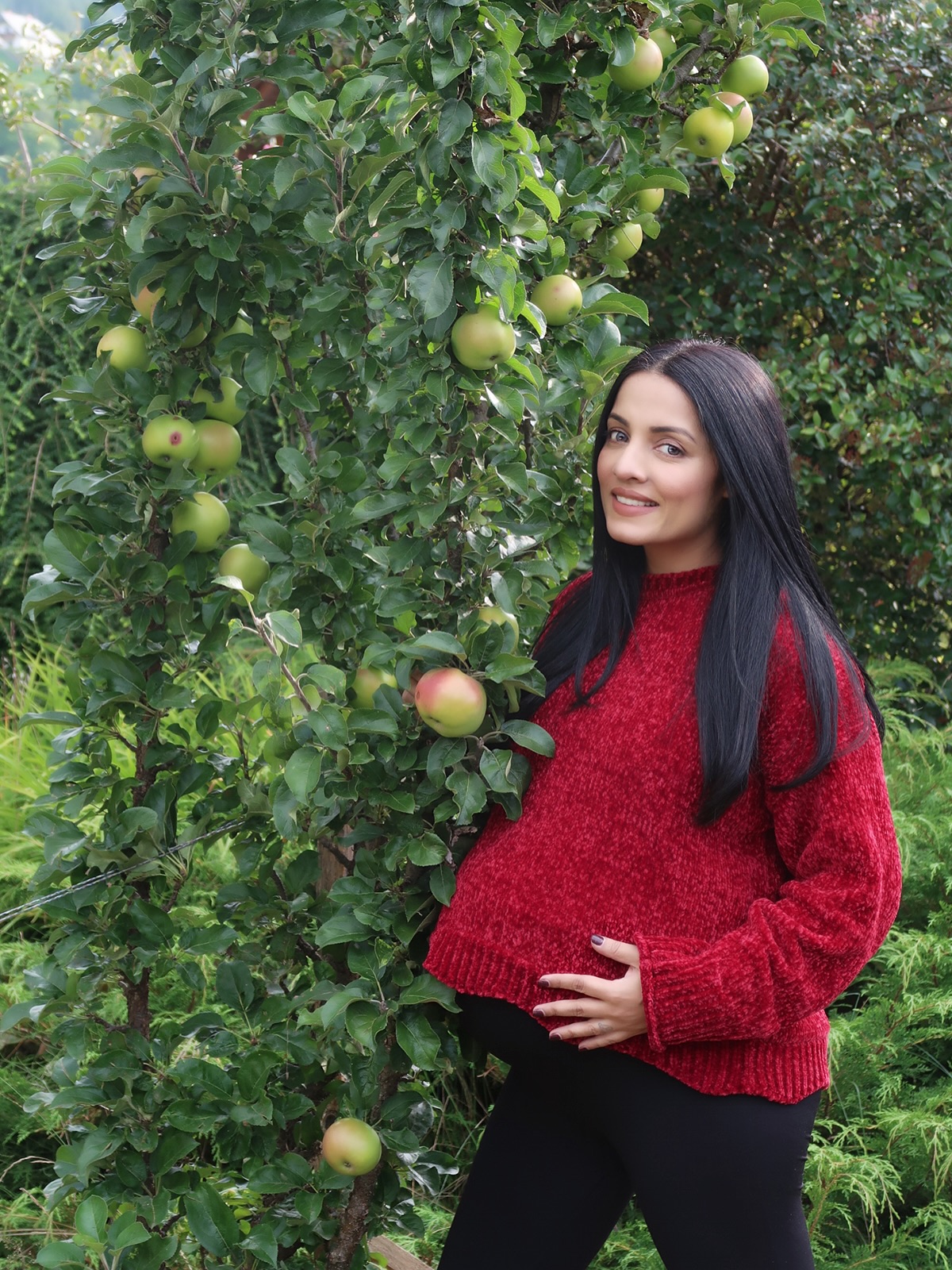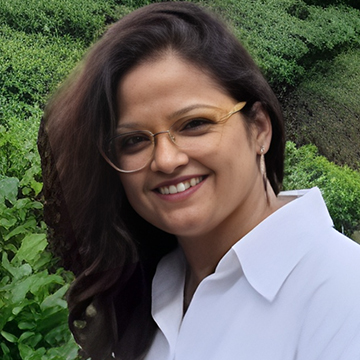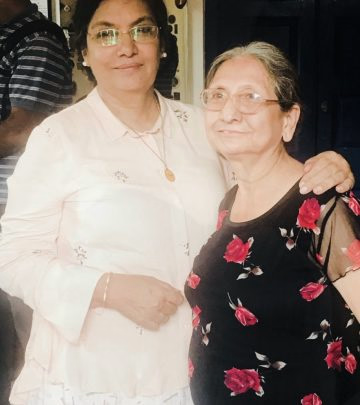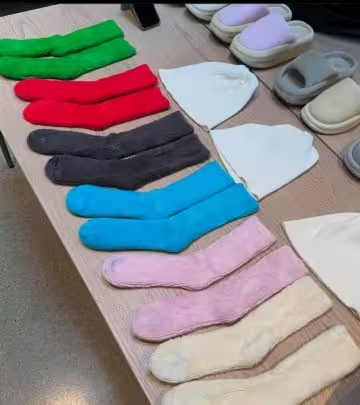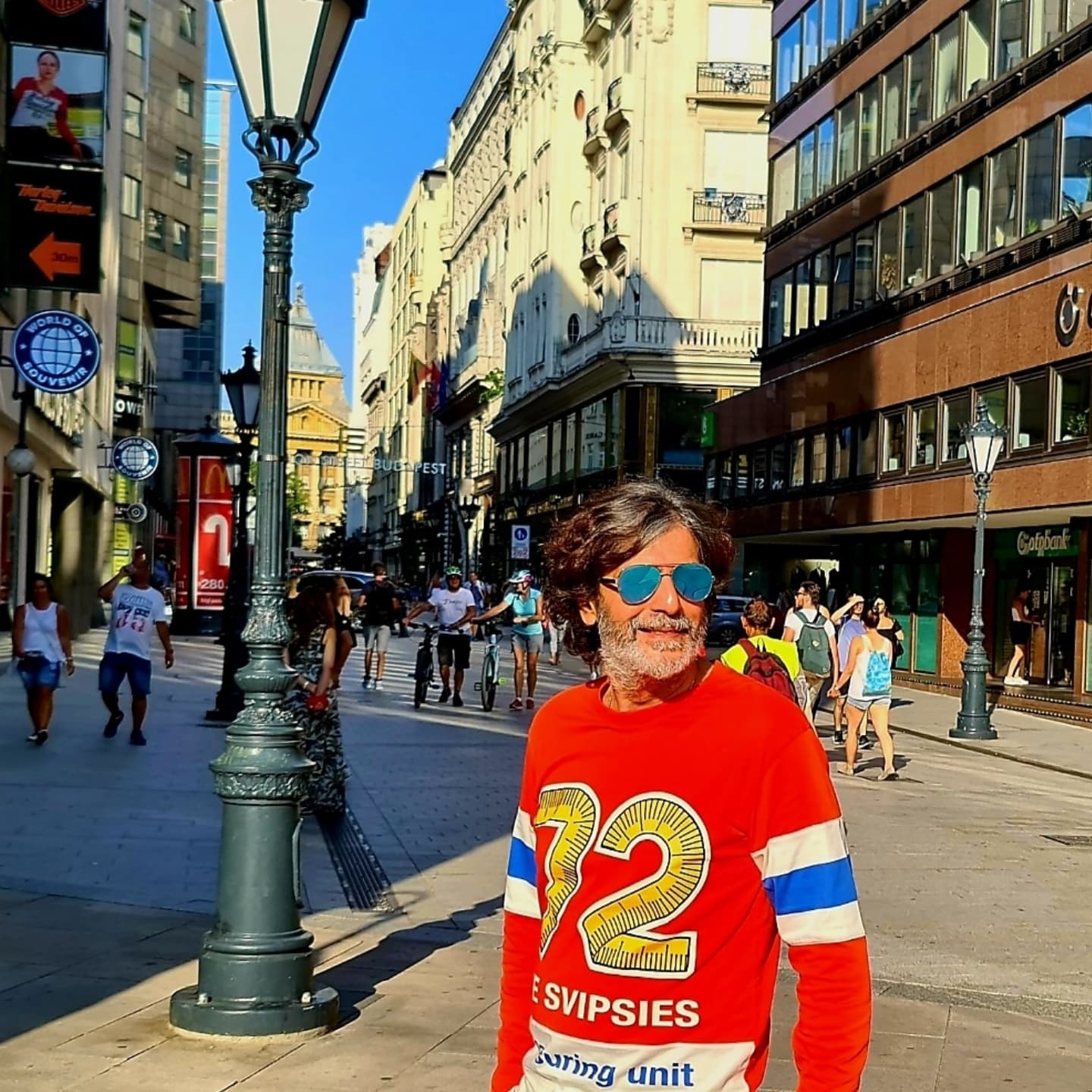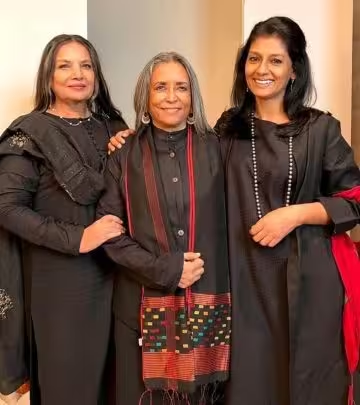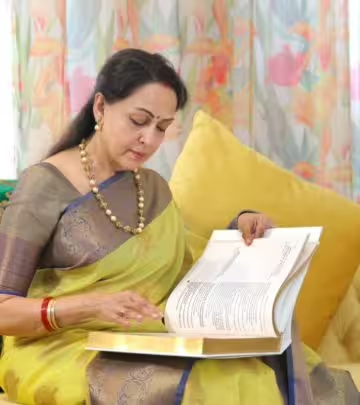Celina Jaitly Battles Cholestasis In Twin Pregnancy
Heartfelt insights on cholestasis in pregnancy; a vital wake-up call for moms. Save lives.

Image: Instagram
Celina Jaitly, the celebrated Indian actress and mother, has opened up about a deeply personal health struggle during her pregnancies. In a candid account shared on social media, she detailed her battle with cholestasis—a rare liver condition that struck during her twin pregnancies, challenging both her physical well-being and emotional resilience. This heartfelt disclosure not only sheds light on the medical risks involved in pregnancy but also serves as a much-needed wake-up call for expectant mothers.
Understanding Cholestasis
Celina explained that cholestasis is far more than a mere itch during pregnancy. It begins with itching on the palms and soles, accompanied by sleepless nights and a nagging fear for the baby’s safety. Often mistaken for a common pregnancy symptom, the condition is actually a warning sign that the liver is under distress. For Celina, the experience was frightening. The condition compounded the complications she had already faced: gestational diabetes and severe symphysis pubis dysfunction (SPD). This rare liver dysfunction, occurring more frequently in twin pregnancies, nearly overwhelmed her both physically and emotionally.
Born with a genetic predisposition to hyperovulate, Celina added that she comes from a long line of women who carried twins. In a bittersweet recall, she mentioned that her mother too had experienced a twin pregnancy—one that ended in tragedy after a fatal fall in Ranikhet—and that even her great-great-grandmother succumbed to complications from a twin delivery. These personal and familial histories lend an additional layer of meaning to her narrative, underscoring how the fragility of maternal health transcends generations.
Risks For Mother And Baby
Cholestasis carries significant dangers for both mother and child. For babies, the condition may lead to preterm birth, fetal distress, meconium-stained amniotic fluid, and in the gravest cases, stillbirth if left untreated. For the mother, cholestasis can mean relentless itching, elevated bile acids, a heightened risk of preeclampsia, and severe emotional exhaustion. Celina’s account emphasizes that the condition is not something to be ignored or dismissed as “just an itch.”
Treatment for her condition came in the form of Ursodeoxycholic Acid (UDCA), which helped lower the bile acid levels and alleviate her symptoms. Along with medication, she found relief through oat baths and the use of pregnancy-safe topicals. Even as she battled the physical manifestations of cholestasis, Celina underscored the importance of early detection and proper testing. She encourages any expectant mother experiencing persistent itching—especially during the night—to request a bile acid test. This proactive approach, she pointed out, can be life-saving.
The Healing Power Of Compassion
Beyond the clinical details, Celina’s story is a narrative of compassion and support. After her diagnosis, she was referred to a hepatologist—a Jordanian doctor practicing in a Dubai hospital—whose kind and empathetic approach left a lasting impact. He not only provided medical guidance but also offered heartfelt prayers and emotional support during this challenging period. This blend of science and compassion became a beacon of hope for her, illustrating that in times of crisis, sensitive care can be as crucial as medical treatment.
Celina’s revelation ties into a broader message about maternal health. By speaking openly about her experiences, she is challenging the silence that often surrounds pregnancy complications. Her message is clear: while pregnancy is a sacred and life-changing experience, its vulnerabilities must not be underestimated. Awareness, early detection, and compassionate care are the keys to safeguarding both the mother and the baby.
A Call For Maternal Awareness
Celina’s narrative serves as an urgent reminder for women and healthcare providers alike. Her story, marked by personal loss and medical adversity, reinforces the critical need for vigilance during pregnancy. It is not only a personal journey but a public service announcement aimed at all expectant mothers. Celina’s experience is a stark reminder that while pregnancy carries its own joy, it also requires discerning attention to any abnormal symptoms—even those as seemingly innocuous as a persistent itch.
Her message resonates beyond her immediate circles. With hashtags such as #maternalhealth, #pregnancyproblems, and #pregnancylossawareness, she builds a community of shared experiences and mutual support. Her willingness to talk about what could have been a private struggle turns her experience into a valuable lesson for the wider public.
Celina Jaitly, who has faced numerous challenges in her illustrious career and her personal life—from balancing a demanding work schedule to managing the ups and downs of motherhood—reminds us that vulnerability is not a weakness, but a pathway to strength. Her story is not just about the medical statistics of cholestasis, but about the human capacity to overcome, learn, and advocate for safer pregnancies.
In sharing her journey, Celina adds her voice to a crucial conversation about maternal health—a discussion that could help prevent future tragedies. Her candidness not only demystifies the condition but also empowers other mothers to seek help and take proactive steps in their prenatal care. As she continues to navigate the challenges of motherhood, her message stands as a testament to the blend of courage, resilience, and love that defines the maternal experience.
Read full bio of Preeti Jha



